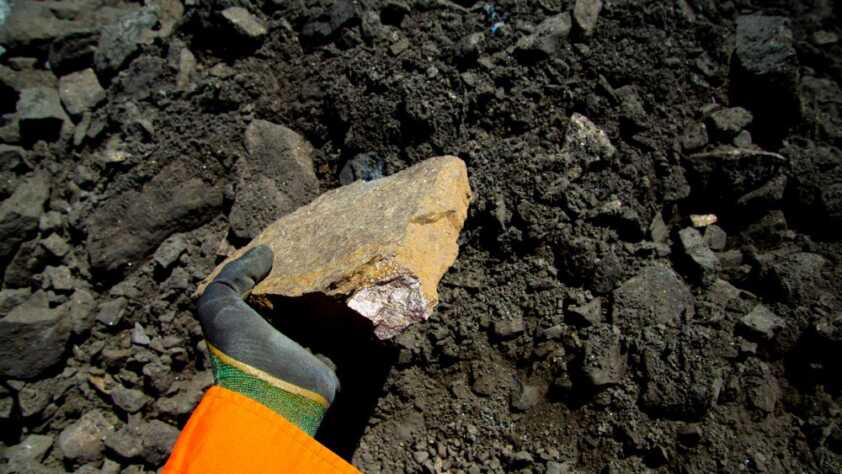The Chamber of Minerals and Energy of Western Australia (CME) welcomes the passage of Tax and Superannuation Laws Amendment (2014 measures no. 7) Bill 2014 which includes provisions establishing the Exploration Development Incentive (EDI).
“CME has long sought a form of incentive that recognises the long lead times between investment, exploration and production over a number of years and the risks faced by investors in these early start-up stages,” said CME Chief Executive Reg Howard-Smith.
“Notwithstanding the transition underway in many major projects from construction to the operational phase, particularly in bulk commodities, the future pipeline of projects relies upon increasing the current level of exploration activity.”
“Exploration is the lifeblood of future industry,” said Mr Howard-Smith.
CME has worked closely with the Department of Industry over the past 18 months throughout the development process and ongoing consultation in the establishment of the EDI legislation. CME is pleased that many of our recommendations regarding eligibility, ease of administration and modulation process have been taken into account.
The EDI is available to Australian-resident investors in junior mineral exploration companies. Under the incentive, investors may be entitled to the EDI tax offset or additional franking credits where the company in which they are a shareholder issues them an exploration credit, up to a capped amount based on the company’s exploration expenditure.
Overall, the incentive will allow eligible exploration companies to convert a portion of their tax loss to exploration credits which can be provided to shareholders to entitle the shareholders to an equivalent tax benefit.
The scheme commences from 1 July 2014 and will be capped at $100 million over a 3 year period prior to it being reviewed. At the first available opportunity, CME will be seeking to expand the limited cap and include oil and gas exploration expenditure as eligible.
“It is pleasing that the Government have honoured an election commitment which could boost exploration activity, future investment and jobs growth,” said Mr Howard-Smith.



